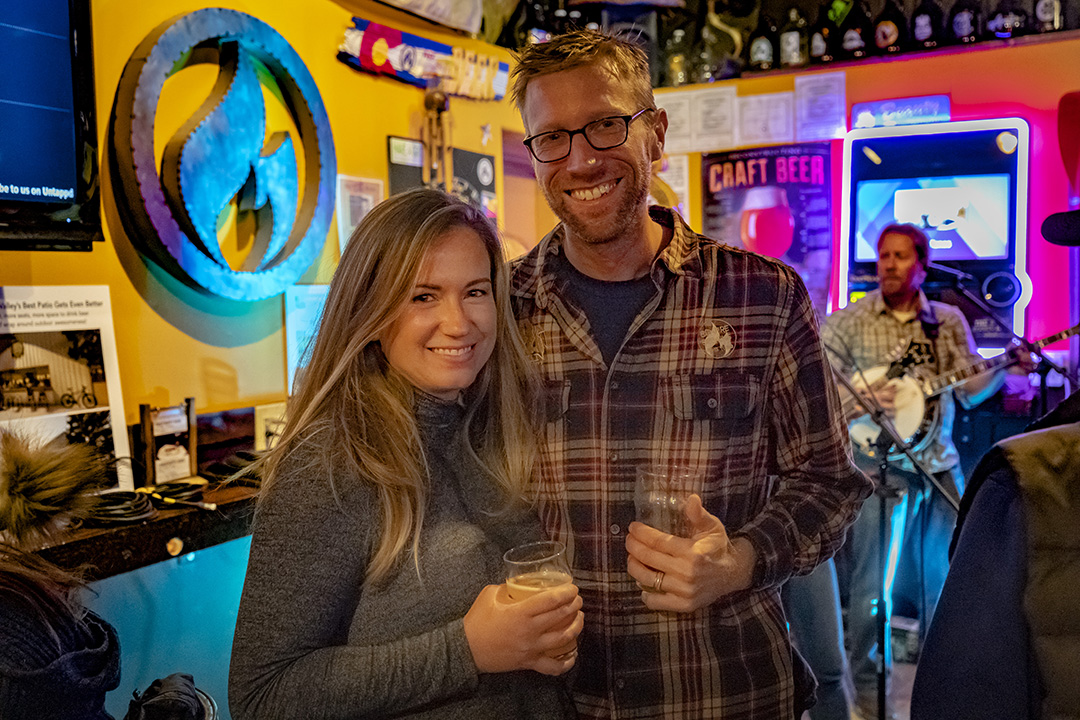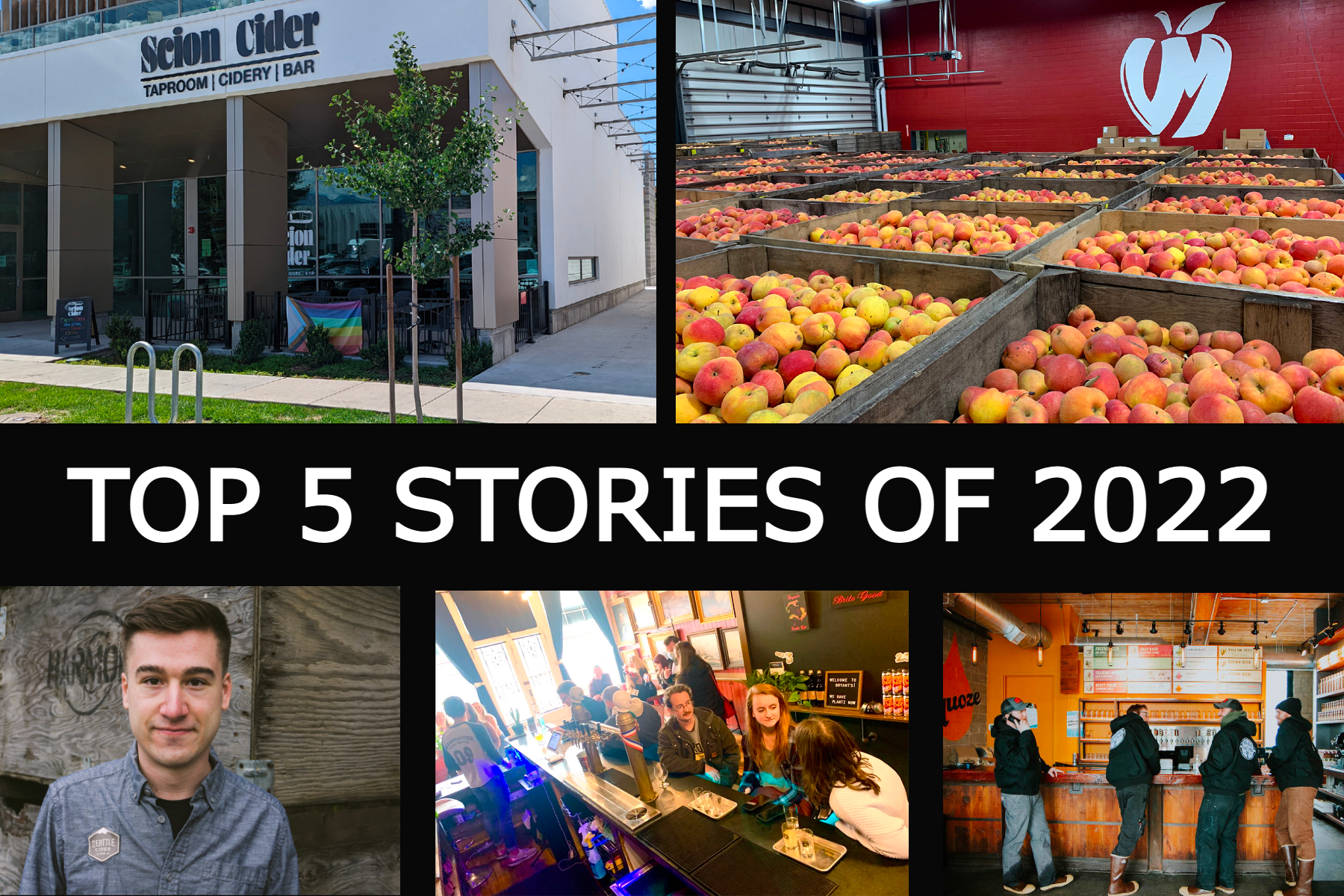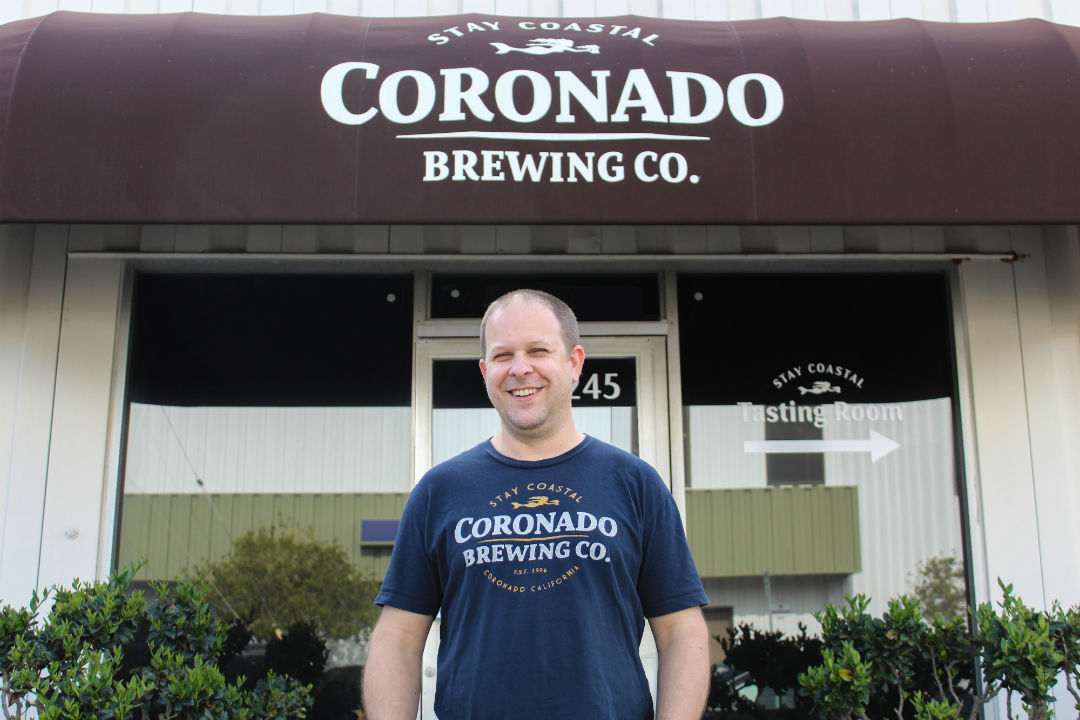
Brewer Magazine will share business and personal insights from Brewmasters, Head Brewers, Brewing Managers, Sales Directors, QCQA Managers and others each weekend to help you get to know each other better in the industry and learn more to better develop your own brand.
JESSEN: In the early years of the company, much of my job was simply bootstrapping and taking care of whatever was needed on a given day (packaging, delivering, bartending, etc.). As the business has matured, my focus has shifted to bigger picture priorities including projections, portfolio management, capital budgeting, human resources, community/relationship development, and growth planning. Jumping into the fray is still a regular occurrence, but we’ve learned that we need to spend much more time working on the business than in it for success to continue.

JESSEN: We’re most proud of our vision and execution of the Bonfire Block Party, a music festival and street party we started in 2013 with a makeshift stage in front of our taproom, that has grown into a multi-day event attracting thousands of attendees and world class musical acts, along with unprecedented community engagement. It’s a situation where we had the vision to grow a piece of our business to a certain scale, made a plan to get there, and executed it very well. On a more micro-scale, I’ve learned that you can’t sweat losing business from time-to-time. Sometimes the “best” customers are actually your least profitable ones. And, if you aren’t making a customer/account happy, they deserve the opportunity to try someone else out. More often than not, if you remain disciplined in providing the best product with the best service, the customer will return, and stay indefinitely.
JESSEN: One of the most common pieces of feedback we receive regarding our taproom/retail space is that there isn’t enough of it. We have what we have to work with in terms of square footage there, so needed to get creative to provide more customer area. Through some creative architecture, a partnership with the Town of Eagle to gain access to some right-of-way for outdoor licensed space, and some sweat equity, we were able to cash-flow a patio expansion that adds over 700 square feet to our customer area. Since the new space was unveiled around two months ago, revenue has increased by 25%.






3 Trackbacks / Pingbacks